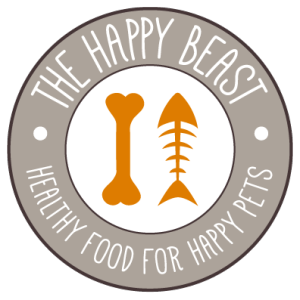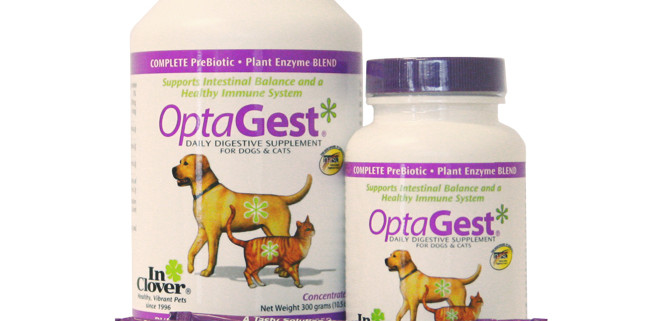As our understanding of livestock animals, and the conditions in which they are “farmed,” continues to grow, more and more American’s are avoiding meat – or at least being choosier about where their meat comes from. A recent survey found that two-thirds of Americans are actively reducing their meat consumption and 75% of Americans are concerned about the welfare of farm animals raised for food. Between 2014 and 2017, the number of vegans in the United States increased by 600%.
At the same time, pet ownership has steadily increased over the last few decades with approximately 85 million families including at least one pet. Dogs and cats make up the overwhelming majority of U.S. companion animals, which can lead to an ethical conundrum for the plant-based consumer who decides to welcome one of these carnivores into their home.
Although vegan and vegetarian dog foods are available, most experts agree that dogs are healthier on a species-appropriate, meat-based diet. Eating meat is even more vital for cats and we discourage ever putting a cat on a vegetarian/vegan diet as the likelihood of chronic illness increases dramatically. This is because despite thousands of years of domestication, dogs are still biologically, domesticated wolves, and cats are nearly indistinguishable from their African wildcat ancestors. As carnivores, there are a host of essential vitamins and minerals that dogs and cats can only acquire from meat.
If you’re one of the 90% of pet owners feeding your pet kibble, this may not seem like much of a dilemma, however, even the best kibble has devastating consequences for livestock animals, the environment, and the health of our pets.
Read more


